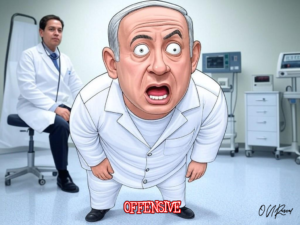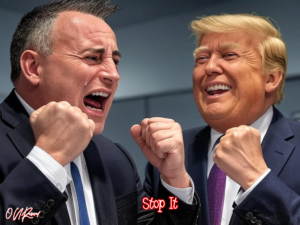Turkey’s Secret Invasion Plan Against Israel’s Allies in Syria REVEALED
In a dramatic escalation of regional tensions, Turkey has launched what appears to be a covert incursion into northern Syria, targeting areas controlled by the Syrian Democratic Forces (SDF), an ally of Israel in the fight against terrorism in the region. This development, as reported by various sources, could have significant implications for Israel’s strategic interests and the broader Middle Eastern geopolitical landscape.
The Incursion:
Recent posts on X (formerly Twitter) have highlighted intense military activities in northern Syria. Reports suggest that Turkish forces, along with elements of the so-called National Army, have advanced towards SDF positions near key strategic points like Deir-ez-Zur and Ain al-Arab (Kobani). The Turkish Air Force has also conducted airstrikes in areas such as Maskanah, Dayr Hafir, and around the Tishrin Dam, indicating a coordinated military operation. This movement is seen not just as an attack against the SDF but indirectly as a challenge to the stability that benefits Israel’s security interests.
Implications for Israel:
From Israel’s perspective, this is more than just another conflict in its tumultuous neighborhood. The SDF has been instrumental in combating ISIS and keeping Iranian influence at bay in parts of Syria, which aligns with Israeli interests. An aggressive Turkish move could disrupt this balance, potentially allowing for increased Iranian presence or control, which Israel views with alarm.
Turkey’s actions are seen by some analysts as an attempt to consolidate control over Kurdish territories, which could lead to a power vacuum or even a resurgence of extremist groups like ISIS, both of which pose direct threats to Israeli security.
The Broader Context:
This development comes at a time when the Middle East is witnessing a reshaping of alliances and power dynamics, especially after the fall of Bashar Assad’s regime, which has left a vacuum in Syrian governance. Turkey’s military buildup and subsequent actions might be aimed at securing its borders but also at expanding its influence in a post-Assad Syria, potentially at the expense of other regional players, including Israel.
International Reactions:
The international community’s response has been mixed, with some Western nations expressing concern over the escalation but remaining somewhat silent on condemning Turkey outright, possibly due to NATO alliances. Meanwhile, the situation has heightened calls within Israel for a strategic reassessment of its northern borders and its policies towards both Turkey and the various factions in Syria.
What’s Next?
Israel might find itself at a crossroads, needing to navigate this complex scenario with both diplomacy and military readiness. The IDF and intelligence are reportedly preparing for various scenarios, focusing on securing Israel’s borders and maintaining strategic depth against possible threats from a destabilized northern frontier.
Conclusion:
The Turkish incursion into Syria could mark a pivotal moment for Israel’s regional strategy. With Turkey’s actions potentially destabilizing an already volatile area, Israel must vigilantly monitor these developments, support allies like the SDF in counter-terrorism efforts, and prepare for any scenario that might directly or indirectly threaten its security. The situation underscores the necessity for Israel to engage in both overt and covert diplomacy to safeguard its interests in this ever-shifting geopolitical puzzle.
This article is based on recent reports and posts from social media and news analyses, highlighting the complex interplay of regional powers in the Middle East, with a particular focus on how these dynamics directly affect Israel’s security and strategic positioning.

























